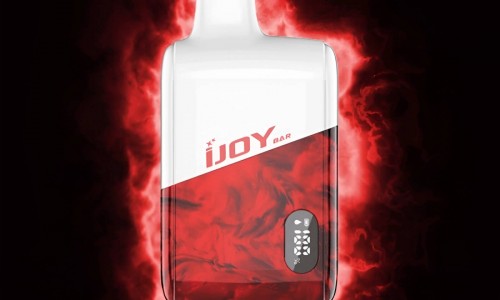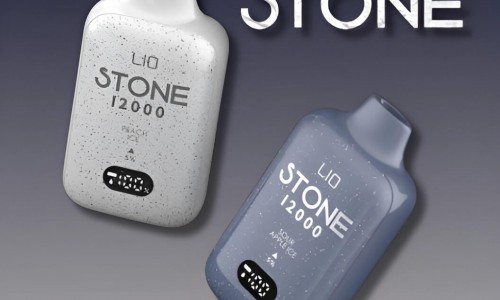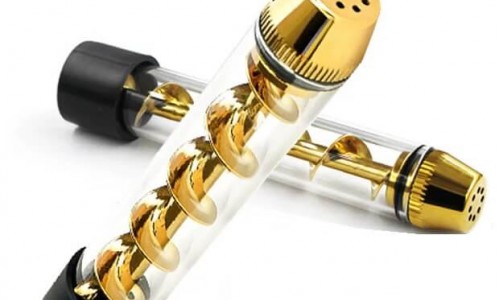The Surprising Truth About How CBD Effects Various Diseases

The Surprising Truth About How CBD Affects Various Diseases
CBD has emerged as a widely studied and popular compound derived from the cannabis plant. Distinguished from THC or tetrahydrocannabinol, CBD doesn't induce intoxication but exhibits potential health benefits across various conditions. Which form of CBD is most effective?
Not All CBD Products Are Effective
It's crucial to note that not all CBD products are equally effective, and the chosen CBD form can significantly impact its effectiveness for specific diseases. This discussion delves into the mechanisms of CBD in the body, its potential benefits for autism, bipolar disorder, and ADHD, and assesses which CBD form may be most effective for each condition. Practical tips on selecting the optimal CBD product, ensuring safe usage, and managing expectations during CBD therapy are also included.
Highlights
| Disease | Optimal CBD Form | Recommended Dosage | Potential Benefits | Associated Risks |
|---|---|---|---|---|
| How can CBD help with autism? | Full-spectrum CBD oil | Start with 5 mg per kg of body weight daily, gradually increasing | Potential improvements in social communication, behavior, and sleep quality | Possible side effects include drowsiness, diarrhea, and drug interactions |
| How can CBD help with bipolar? | Broad-spectrum CBD oil | Begin with 25 mg daily, gradually adjusting. | Potential alleviation of manic and depressive symptoms, anxiety, and inflammation | Possible side effects may include sedation, dry mouth, or drug interactions. |
| What CBD is best for ADHD | CBD isolate | Initiate with 10 mg per day, gradually adjusting | Potential enhancements in attention, focus, and impulse control | Possible side effects include irritability, nausea, or drug interactions |
Unpacking CBD's Mechanisms in the Body
CBD, a cannabinoid derived from cannabis, interacts with the endocannabinoid system (ECS), a network of receptors and molecules regulating various physiological and cognitive processes like mood, pain, inflammation, memory, appetite, and stress. The ECS comprises CB1 receptors primarily in the brain and nervous system and CB2 receptors mainly in the immune and peripheral tissues. CBD doesn't directly bind to CB1 or CB2 receptors but can modulate their activity and influence endocannabinoid levels, the body's natural cannabinoids.
Effects of ECS
CBD's interaction with the ECS presents potential therapeutic effects for diverse health conditions, such as:
- It reduces inflammation and pain by inhibiting an enzyme that breaks down anandamide, an anti-inflammatory endocannabinoid.
- They are easing anxiety and depression by enhancing serotonin signaling, a neurotransmitter that regulates mood and stress.
- We safeguard the brain from neurodegeneration and oxidative stress by boosting brain-derived neurotrophic factor (BDNF) and supporting neuron growth and survival.
- Enhancing sleep quality by regulating the circadian rhythm, the body's biological clock governing the sleep-wake cycle.
Various Impacts of CBD
While scientific evidence supports CBD's efficacy for conditions like epilepsy, chronic pain, anxiety, and depression, comprehensive studies are imperative to ascertain optimal dosage, safety, and effectiveness for each disease.
How Can CBD Help Autism Treatment
Autism spectrum disorder (ASD) affects social communication, interaction, and behavior. CBD may offer an alternative treatment by addressing potential underlying causes and symptoms. How can CBD help with autism treatment:
- We are reducing brain inflammation and oxidative stress linked to ASD development.
- I modulated the endocannabinoid system to impact social behavior, cognition, and emotion.
- It enhances social communication through oxytocin signaling.
- I am alleviating anxiety and aggression via 5-HT1A receptor activation.
- They regulate sleep patterns by influencing the circadian rhythm.
Positive Impact CBD For Autism Symptoms
Limited but promising studies indicate CBD's positive impact on ASD symptoms, emphasizing the importance of rigorous, large-scale trials for confirmation. Optimal CBD dosage for ASD varies based on individual factors, and careful monitoring and medical consultation are crucial.
Benefits of CBD Oil for Bipolar Depression
Bipolar disorder involves extreme mood swings between manic and depressive states. How can you use CBD oil for bipolar depression? CBD may offer a natural approach by addressing potential causes and symptoms:
- Balancing neurotransmitter levels, including dopamine, serotonin, and glutamate.
- We're reducing brain inflammation and oxidative stress associated with bipolar disorder.
- It's safeguarding against neurodegeneration and neurotoxicity resulting from chronic stress or medications.
- Enhancing sleep quality is crucial for managing bipolar disorder symptoms.
The Potential Benefits of CBD for Bipolar Disorder
Preliminary evidence from case reports suggests CBD's positive impact on mood, energy, and sleep quality in individuals with bipolar disorder. However, comprehensive trials are necessary for validation. They are, ideally, starting at 25 mg daily. CBD dosage should be adjusted based on individual response and monitored under medical supervision.
Discover How CBD can help with ADHD
Attention deficit hyperactivity disorder (ADHD) impacts attention, impulse control, and activity levels. How can CBD help with ADHD? Is CBD best for ADHD? CBD presents a potential alternative by addressing underlying causes and symptoms:
- Enhancing endocannabinoid system function, possibly impaired in ADHD.
- Increasing dopamine and norepinephrine levels is crucial for attention and executive function.
- Alleviating anxiety and stress are common co-occurring factors in ADHD.
- Improving sleep quality is often disrupted in individuals with ADHD.
Improved Hyperactivity-Impulsivity
Preliminary studies indicate positive outcomes, such as improved hyperactivity-impulsivity, inattention, and cognitive performance. Individualized dosage, starting at 10 mg daily for ADHD, should be adjusted based on response and monitored under medical guidance.
Identifying the Most Effective CBD Form
As mentioned, three main CBD types exist: full-spectrum, broad-spectrum, and isolate. Each type has distinct attributes impacting potency, bioavailability, and safety:
- Potency: Full-spectrum CBD may have the highest potency, broad-spectrum falls in between, and CBD isolate may have the lowest.
- Bioavailability: Vaping offers the highest bioavailability, followed by sublingual oil, with capsules and edibles having lower bioavailability.
- Safety: Full-spectrum CBD carries potential THC-related risks; broad-spectrum CBD reduces these risks, and CBD isolate minimizes safety concerns.
Most Effective CBD Form
Which form of CBD is most effective? Tailoring CBD form based on disease and individual preferences is crucial. For instance:
- Full-spectrum CBD oil may be ideal for autism, offering high potency and potential entourage effects.
- Bipolar disorder may benefit from broad-spectrum CBD oil, balancing potency with reduced safety risks.
- CBD isolate might be suitable for ADHD, prioritizing safety with lower potency.
Consult with a Healthcare Specialist
Individual preferences, responses, and ongoing medical consultation should guide CBD form selection, ensuring optimal outcomes. CBD is promising for various health conditions but requires personalized consideration. Consultation with healthcare professionals, monitoring individual responses, and ongoing research are integral components of a holistic approach to incorporating CBD into health regimens.
CBD Isn't a Panacea
Although not a panacea, CBD may serve as a valuable complement, enhancing symptom management and quality of life for individuals and their families across different health conditions.
How to Choose CBD Products for Various Conditions
The selection of CBD products for different conditions depends on several factors, such as the form of CBD, CBD concentration, CBD spectrum, CBD source, and CBD quality. The Smoke Toke Depot website offers various CBD products, such as oils, capsules, gummies, creams, and concentrates. For instance, you can use Full-Spectrum CBD Oil to treat autism, Broad-Spectrum CBD Oil to treat bipolar disorder, or CBD Isolate to treat ADHD.


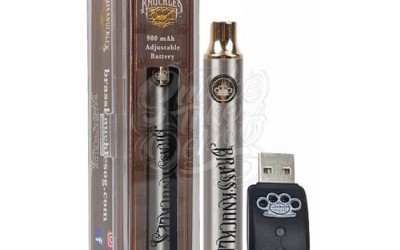

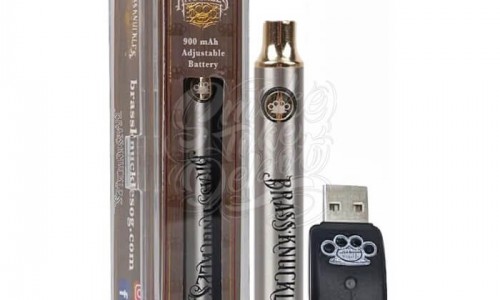
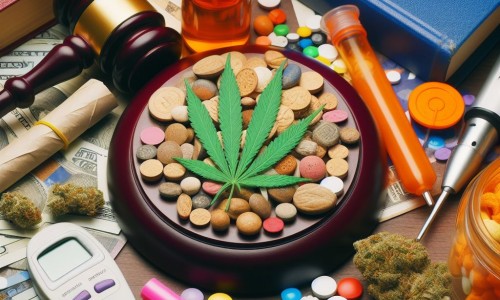




-500x300w.jpeg)


